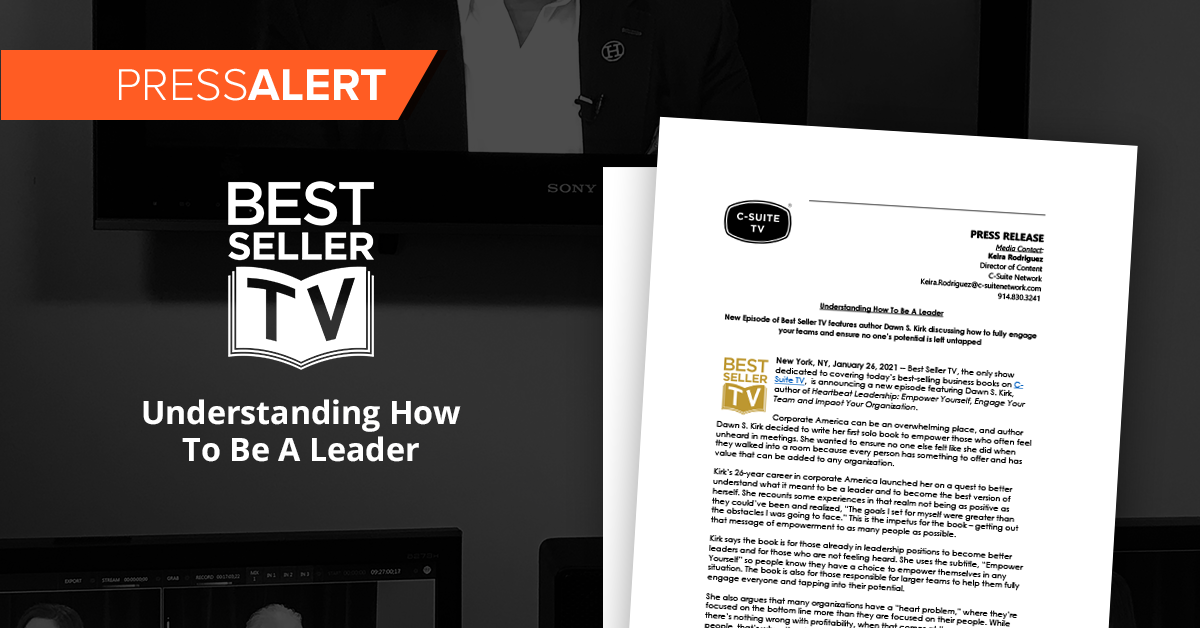
Politics or Performance?
Politics or Performance? https://csuiteold.c-suitenetwork.com/wp-content/uploads/2015/07/Performance-or-Politics.jpg 750 750 C-Suite Network https://csuiteold.c-suitenetwork.com/wp-content/uploads/2015/07/Performance-or-Politics.jpgby Judith Glaser

Step out of your comfort zone and lead.
As we enter organizations, we each face a simple choice: Do we primarily play politics, or do we try daily to perform at our best?
Why do we often choose to play politics? Because the politics of the organization often appear to dictate who is hired, promoted and rewarded, and so playing politics seems to be our best chance to control our plight, especially in a volatile business climate.
How Change Changes Us
Business is not predictable; in fact, outside forces are always creating disruptions that require major shifts in how we work together. We join a company that is headed in one direction, and the next minute it’s turning 180 degrees in another direction.
We can’t control all the market shifts; as leaders, we can only proactively respond to them or try to influence them and ensure that everyone moves with agility in the right direction.
But the big question is this: How do you get everyone to successfully shift, learn new skills, and embrace change for the good of the company?
In the process of change we, as leaders, are bombarded with an incredible amount of detail. Do we have to educate and train employees on a new business direction? Do we leave it to the Human Resources department, or do we educate a few who teach the rest? Who announces the shift and how? What happens if people are afraid of change or don’t want to take on the new challenges, for fear that they won’t learn as fast as others or, worse still, that they may fail?
And, what if you are the one having difficulty? You want to stay with your organization but don’t like the direction it’s headed. What do you do? Do you try overtly to influence other executives to change their minds? Or do you play politics behind the scenes, trying to keep everyone from changing?
Step out of Your Comfort Zone
Answer the following seven self-assessment questions and try to get a realistic picture of how you fare when faced with changes and pressures in the workplace.
- When challenged by others: Do you doubt your own abilities to lead and allow fear to drive you into defensive behaviors? Or Do you engage with others to build partnerships for success?
- When competition is fierce: Do you hold on to your old avoidance behaviors or rely on old strategies that have helped in the past? Or Do you focus on engaging with others to discover new strategies for success?
- When expectations for performance are high: Do you get upset with employees because they are not delivering results? Or Do you focus on having developmental coaching discussions to help them reconnect to their aspirations and skills for success?
- When your bonus is on the line: Do you step in and get involved in your employees work for fear they may make mistakes? Or Do you focus on engaging with others to discover new strategies for success?
- When you manage a team: Do you give people the freedom to make decisions and then take back their power when they do things differently than you would? Or Do you focus on Letting Go and allowing them to discover their own answers?
- When you are leading: Do you find employees retreating, avoiding confrontation, or losing faith in your management? Or Do you focus on encouraging employees to discover their leadership instincts?
- When employees’ performance is low: Do you confront these problems by deciding it is easier to fire them? Or Do you focus on having courageous conversations and help them grow?
What does this self-assessment show you about how you function when faced with changes and pressures in the workplace?
I encourage you to engage with others to build partnerships for success—to co-create new strategies, to reconnect people to their professional aspirations, to enable people to discover their own answers and their leadership instincts by developing and using your conversational intelligence to have courageous conversations and help them grow.
 Judith E. Glaser is the CEO of Benchmark Communications, Inc. and the Chairman of The Creating WE Institute. She is the author of the best selling book, “Conversational Intelligence” (Bibliomotion, 2013), an Organizational Anthropologist and a consultant to Fortune 500 companies.Visit her at creatingwe.com; conversationalintelligence.com or contact her at jeglaser@creatingwe.com. Follow Judith on Twitter @CreatingWE or connect with her on Facebook.
Judith E. Glaser is the CEO of Benchmark Communications, Inc. and the Chairman of The Creating WE Institute. She is the author of the best selling book, “Conversational Intelligence” (Bibliomotion, 2013), an Organizational Anthropologist and a consultant to Fortune 500 companies.Visit her at creatingwe.com; conversationalintelligence.com or contact her at jeglaser@creatingwe.com. Follow Judith on Twitter @CreatingWE or connect with her on Facebook.




